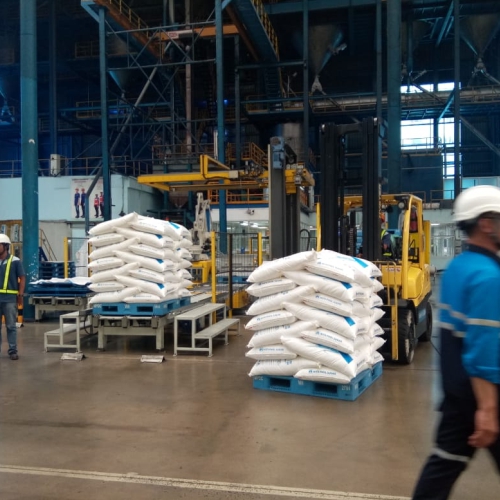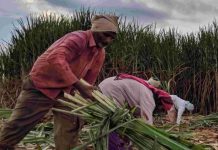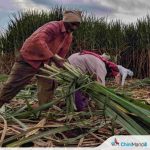The Sugar Regulatory Administration (SRA) in Philippines is looking to adopt Japanese technologies and best practices to help small-scale sugarcane farmers enhance productivity and efficiency.
The agency has signed a three-year memorandum of understanding (MOU) with the University of Tokyo to facilitate knowledge exchange in sugarcane farming and processing.
Under the agreement, both parties will collaborate on developing high-yielding sugarcane varieties and optimizing milling techniques, including improved biofuel extraction. The SRA also aims to explore value-added processes that could enable farmers to produce aviation fuel and biochar from sugarcane.
“Since farm sizes in Japan are small, we can learn a lot about maximizing productivity on one- to two-hectare farms,” SRA Administrator and CEO Pablo Luis Azcona said. “Even their harvesting machines are designed for smaller farms.”
In return, University of Tokyo researchers will study the Philippines’ larger-scale sugarcane operations, Azcona said. The country’s sugarcane plantation area spans about 388,000 hectares, significantly larger than Japan’s 22,000-hectare sugar industry.
Japan’s sugarcane farms yield an average of 70 metric tons (MT) per hectare, surpassing the Philippines’ 50 MT per hectare. Japanese sugar mills also achieve a higher extraction efficiency of 96-98%, compared to the Philippines’ 94%, Azcona noted.
The SRA is also working with the Japan International Research Center for Agricultural Sciences (JIRCAS) to introduce climate-resilient sugarcane varieties in the Philippines. These varieties, developed in Japan, are designed to withstand strong winds and typhoons, with deep-rooted systems that thrive in both dry and wet conditions.
“We will select the best variety suited for us, and Japan will assess if it can be adapted there,” Azcona said.












